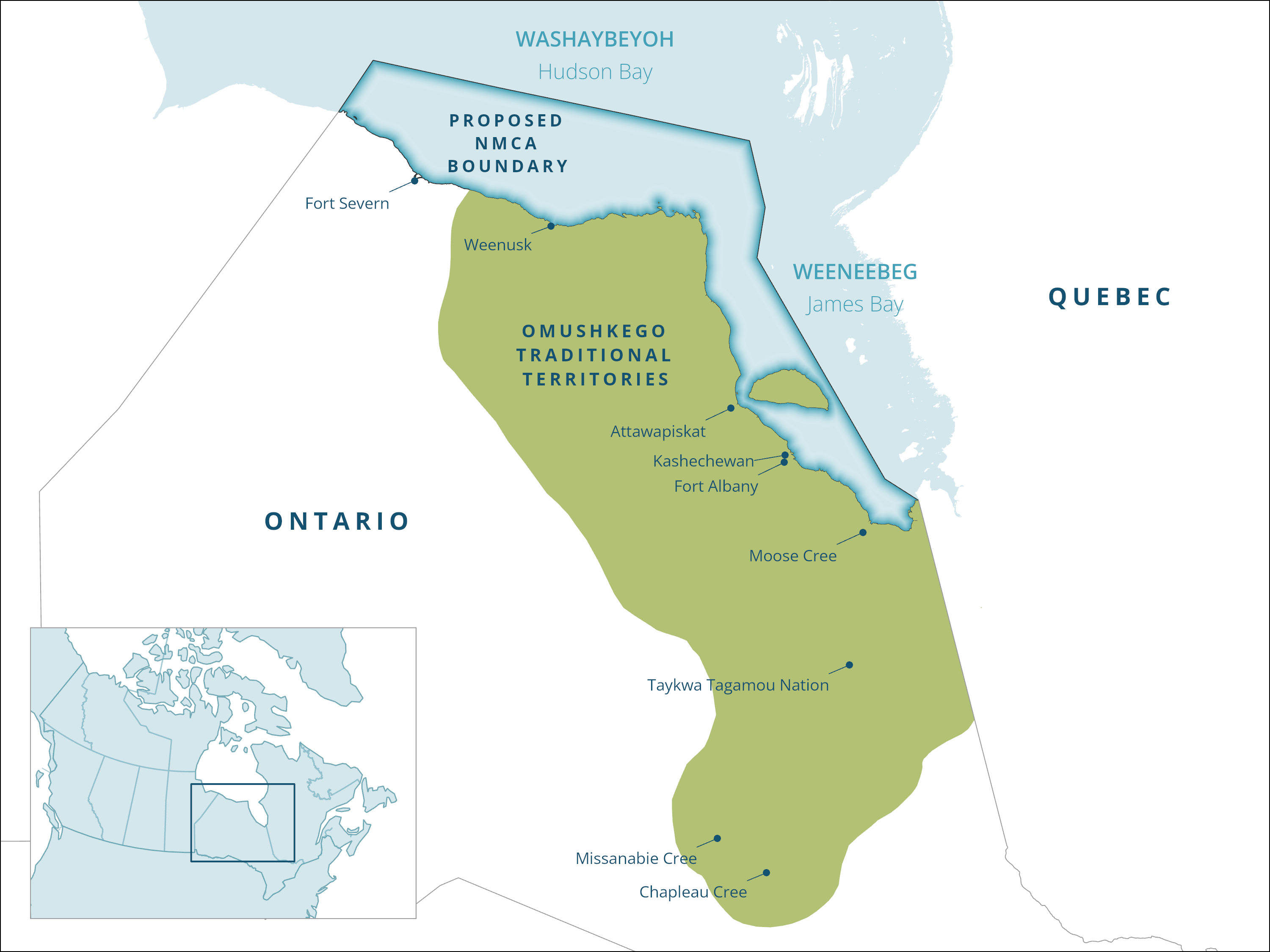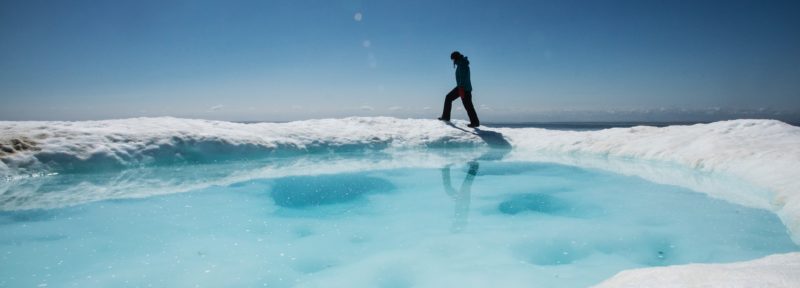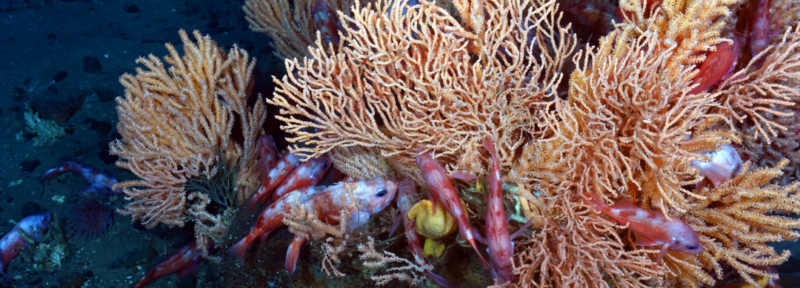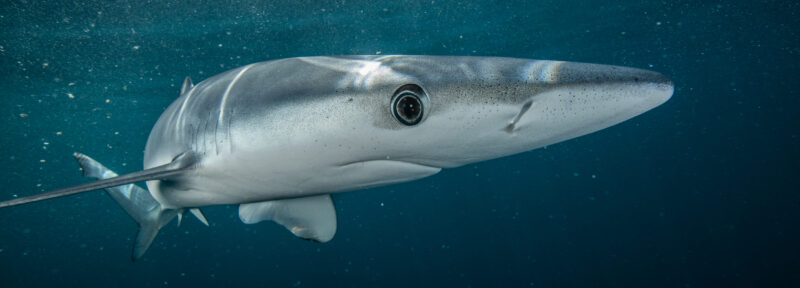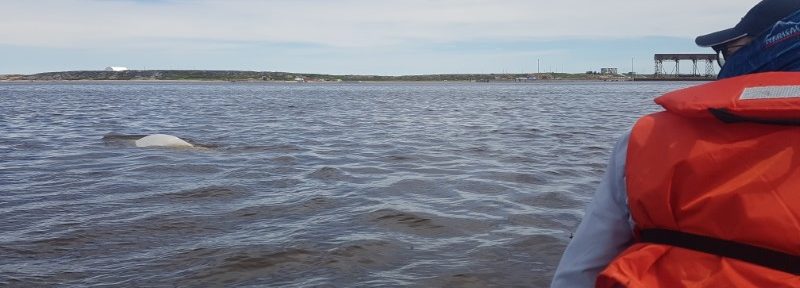Oceans North Celebrates Next Step Towards Protection for Western James Bay and Southwestern Hudson Bay
KASHECHEWAN—Today, the Mushkegowuk Council and Parks Canada announced they have completed the feasibility study for a new National Marine Conservation Area (NMCA) in western Weeneebeg (James Bay) and southwestern Washaybeyoh (Hudson Bay). This is a crucial step towards Indigenous-led protection of a vast and globally significant marine ecosystem, and it will soon lead to interim measures that ensure it will not be disturbed by industrial activities.
“Today’s announcement confirms what we have always known, before and after the signing of Treaty 9: the people who live here are best placed to make decisions about the future of our territories,” says Walter Leo Friday, Grand Chief of the Mushkegowuk Council. “Our nations look forward to working with all stakeholders on how to manage these waters in ways that will contribute to the long-term wellbeing of both the ecosystem and our communities.”
Western Weeneebeg and southwestern Washaybeyoh are the traditional territory of the Omushkego Cree—“the strong people,” in English—who have lived here since time immemorial. It is also home to iconic species such as polar bears and belugas, and the waters are vital habitat for millions of migratory birds. Additionally, the bays are connected to a massive web of peatlands that sequester vast amounts of carbon. Creating an NMCA here will help minimize future disturbances to this climate and biodiversity hotspot while ensuring its continued use by the people who steward it.
A map illustrating the proposed NMCA boundary.
Credit: Oceans North
“This announcement is an exciting step towards protecting a unique, intact environment that has supported people for thousands of years,” says Louie Porta, Oceans North’s Executive Director. “Supporting local leaders who want to protect places that matter to them is the best way to achieve durable solutions that benefit communities and nature.”
Oceans North and other project partners have been supporting the Mushkegowuk Council throughout the feasibility process, which was first launched in 2021. This included a partnership on the first major scientific expedition through these waters in decades to collect much-needed data for the feasibility assessment.
“It’s wonderful to be part of the celebration in Kashechewan today and see how far the Omushkego have come in their vision of stewardship for their lands and water,” says Jennie Knopp, Oceans North’s Community Science Director, who has been involved in the project since its inception. “We’re excited to keep working with the Mushkegowuk Council and Omushkego nations as they advance conservation and community development in their territories.”
For more information, please contact:
Alex Tesar
Communications Manager
Oceans North
[email protected]

